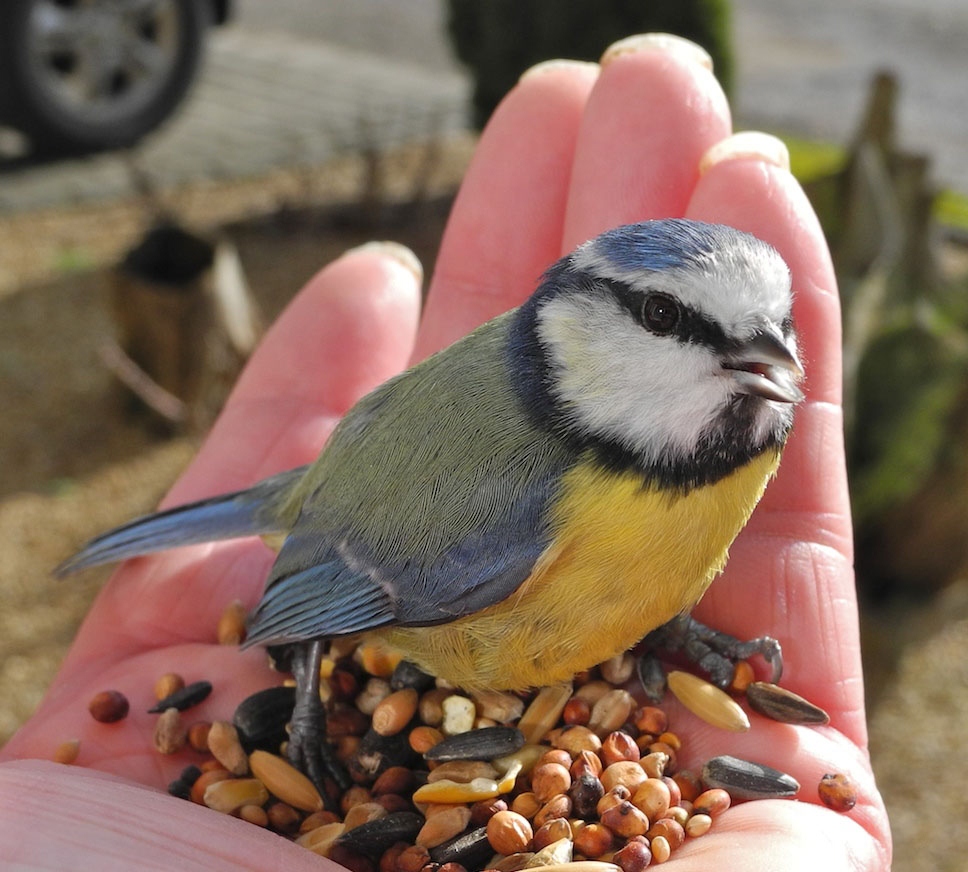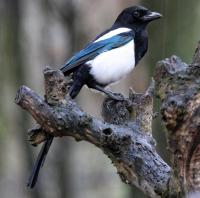- Home
- FAQs
- Customer Video Gallery
- Customer Photo Gallery
- Bird Facts
- Bird Food Blog
- Bird Information
- Feeding Advice
- Small Animal Information
- A to Z of Guinea Pigs
- A to Z of Hamsters
- A to Z of Rabbits
- Basic Care for Guinea Pigs
- Basic Care for Hamsters
- Basic Care for Rabbits
- Basic care for Chinchillas
- Basic care for Ferrets
- Basic care for Gerbils
- Basic care for Mice
- Basic care for Rats
- Buying a Healthy Small Animal
- Does your Reptile need a Licence
- Equipment for Ferrets
- Equipment for Hamsters
- Equipment for Mice
- Equipment for your Chinchilla
- Equipment for your Gerbil
- Equipment for your Guinea Pig
- Equipment for your Rabbit
- Keeping a House Rabbit
- Dog Information
- Cat Information
- Customer Information
- Fat Balls
- Suet Pellets
- Straights
- Seed Mixes
- Suet Treats
- Mealworms
- Bird Feeders
- My Account
Farmland Birds Continue To Decline - How Can We All Help?
Date: 2013-10-18 12:15:44 | Category: Bird Protection | Author: David Cole
For my sins I receive the RSPB press and media releases – they are a good outfit and well worth keen birders joining and supporting. The latest official figures on farmland birds have been released this week and they show they are continuing to decline.The Farmland Bird Index – which covers 19 species reliant on the farmed countryside – has seen a five year decline of eight per cent. Looking back over 40 years the long term decline in farmland birds is 50 per cent, however the decline has slowed in recent years.
A lot of our garden birds are also farmland birds, and surveys are a helpful indicator of how things are going overall.

Turtle Doves are the fastest declining species – down 95 per cent since 1970 - and reports from earlier this year suggest it is the worst year ever for sightings. Other species hit hard include Lapwings, which are down 63 per cent since 1970; Corn Buntings, down 90 per cent; and Skylarks, down 59 per cent.
Species that are doing well include Jackdaws, whose numbers have increased by 140 per cent since 1970, and Woodpigeons, which are up 134 per cent.
If you have read this far I expect that your eyes have glazed over – facts and figures are dry old things and cause many of us to switch off – but they can indicate if something is going wrong and where, and sometimes what is causing it.
While we have little influence on the vast tracts of industrialized farmland we do have an effect on the birds in close to our homes – and now is the time that we should be stepping up and planning for colder weather feeding.
First step is good housekeeping – give all those feeders a darned good cleaning and plan your feeding programme – there is now a wide variety of different feeds available and it is possible to entice into your garden species which you have not seen before.
So don’t just order your ‘usual’ seed feed – have a look at what is available and try a few of the exotic mixes there is no telling who may turn up!




